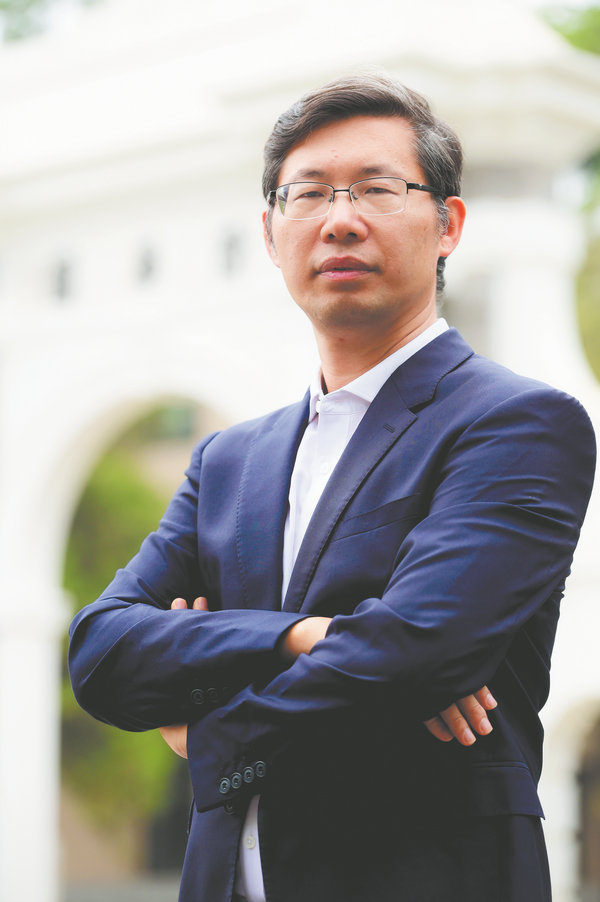

To encourage innovation, society and the education system should be open to failure, differences and diversity, he says.
Zheng, now 50, says he was able to attend Tsinghua University, earn a PhD from Columbia University and conduct academic research supported by the National Natural Science Foundation of China, largely thanks to lenient parenting.
"When I was a kid, we didn't have so many extracurricular tutoring classes, so we got much more time to do what we were interested in," he says. In contrast, today's Chinese children must dedicate a significant amount of time to studying in preparation for future exams that require standardized answers.
Zheng recalls that, despite being one of the top students in his school, he often resisted following teachers' rules and was frequently talkative in class. Today, however, he observes that "many people even try to correct left-handed children", which is entirely unnecessary as which hand you use is determined genetically.
Another factor that greatly influenced his development was reading.
"Experiencing different cultures helps nurture creativity. However, I never left Fujian province until I was 18, when I went to Tsinghua University in Beijing, because my family couldn't afford it," he says.
"By then, I found tofu pudding could be salty, because in my hometown it's usually sweet," he says.
Even if one does not have the chance to travel, one can still learn about this colorful world through reading. Zheng is lucky because his mother took a job at a library to provide him with a better education. She brought back all types of magazines from the library for him to read, which opened the world to him.
"Reading widely is an excellent way to boost creativity, and it's one of the most affordable methods," he notes.
Zheng also observes that today, young, talented Chinese men and women, especially those teaching at universities, are facing tremendous research pressure as they are required to publish a certain number of papers each year to keep their positions. However, from citation counts, "you can tell many papers are perfunctory, and pointless", he says.
"Young talent should be given a more supportive and relaxing environment. After all, at around 30 years old, they are in the most creative period of their lives," he says.